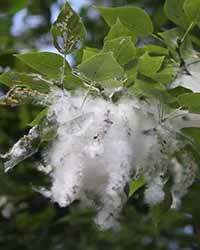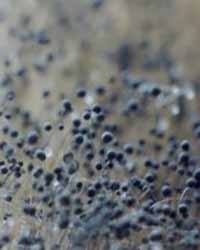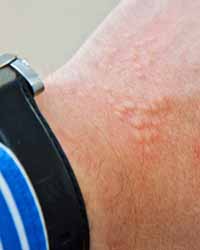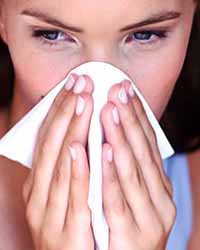
Preparation and transportation instructions for stool specimens
Collect faeces on a clean surface, which can be a clean new sheet of polyethylene or white paper. Feces are used after natural defecation. When using the vessel, it is preliminarily thoroughly washed with soap and a sponge, rinsed repeatedly with tap water, and then poured over with boiling water and cooled.















